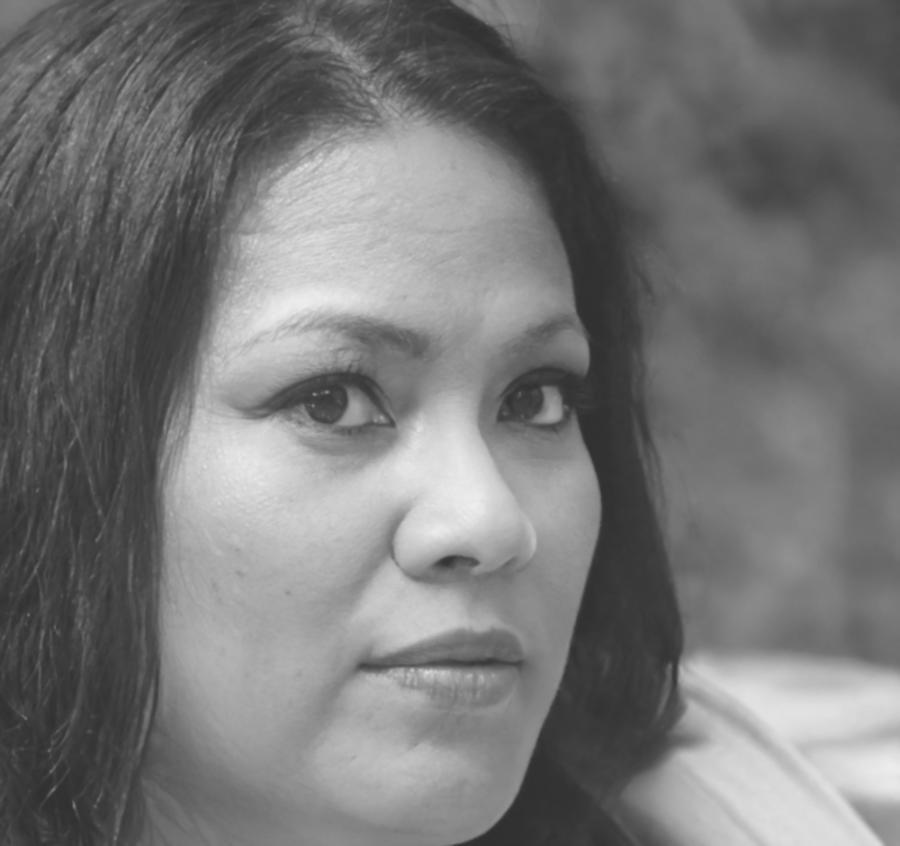Financial Literacy for International Students
Navigate Canadian financial systems with confidence while building cultural bridges through money management education
Start Your Financial JourneyCultural Financial Integration
Understanding Canadian financial culture goes beyond currency exchange rates. We bridge the gap between your home country's financial practices and Canadian systems.
Banking Culture Differences
Canadian banking operates quite differently from many international systems. Credit history starts from zero here, regardless of your financial standing back home. This can be frustrating when you're trying to rent an apartment or get a phone plan.
- Credit building strategies for newcomers
- Understanding Canadian credit scores (300-900 scale)
- Banking relationship building techniques
- Secured credit card applications
Investment Mindset Adaptation
Investment approaches vary dramatically between countries. Some cultures emphasize gold and real estate, while Canada focuses heavily on registered accounts like RRSPs and TFSAs. Learning these differences helps you make informed decisions.
- TFSA and RRSP contribution strategies
- Tax-efficient investment planning
- Understanding Canadian market volatility
- Balancing home country and Canadian investments
Your Financial Cultural Navigator
Every international student faces unique financial challenges. From understanding why Canadian banks ask for co-signers to navigating student loan systems that work differently than home, we provide culturally-aware financial guidance.
Cross-Cultural Money Talks
Monthly discussions about financial practices from different cultures and how they apply in Canada
Peer Support Networks
Connect with students from similar financial backgrounds who've successfully adapted to Canadian systems

Zara Chen
Cultural Finance Coordinator
"I moved from Singapore in 2023 and remember feeling completely lost by Canadian banking. Now I help students bridge that gap between their home financial knowledge and Canadian reality."
Your Financial Integration Timeline
Most international students follow a similar pattern when adapting to Canadian financial systems. Here's what to expect during your first year.
Months 1-3: Foundation Building
Your first months focus on establishing basic financial infrastructure. This period often feels overwhelming because everything is new.
Months 4-8: System Navigation
You'll start understanding Canadian financial quirks and building your first credit history. This is when things begin clicking into place.
Months 9-12: Confident Integration
By your first year's end, you're helping newer international students navigate what once seemed impossible to you.